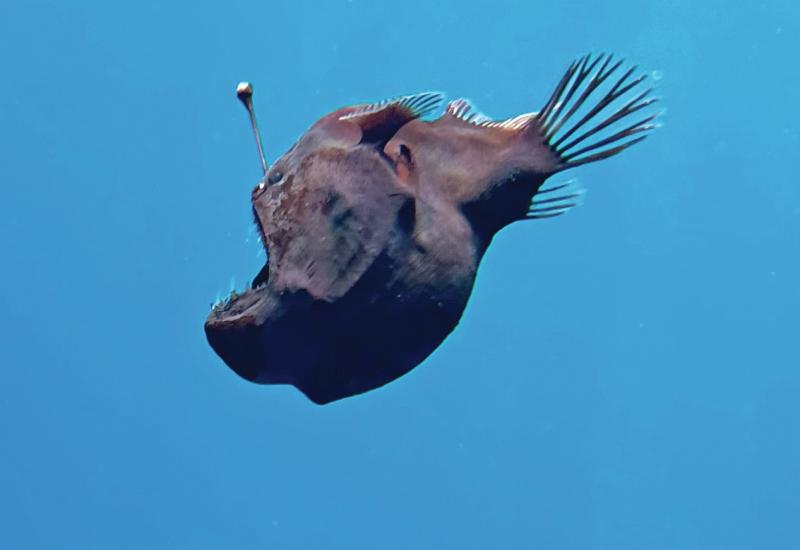World’s Largest Coral Restoration Program Kicks Off With Hope Reef

Courtesy imageHope Reef is easily spotted and explored on Google Earth.
The world’s largest coral restoration program kicked off with a sign of hope that can be seen worldwide.
Hope Reef, off the coast of Sulawesi, Indonesia, was constructed in the shape of the letters H-O-P-E and can be virtually dived on Sheba's website.
Mars Inc., which owns the cat food brand SHEBA®, launched the reef restoration project about two years ago using a new technology called Reef Stars. These steel, star-shaped structures handmade by locals are about 3 feet wide and lay together on the seabed to create a web-like artificial reef on which coral fragments can grow.
Hope Reef is evidence the Reef Stars work — since being installed, coral cover has increased by 50 percent, along with biodiversity in the area. Sharks and turtles have returned, as well as thousands of reef fish.
"Our efforts around the world to restore and regenerate these precious ecosystems are showing exciting results and having a positive impact on local communities, which we're delighted to see,” says David Smith, chief marine scientist at Mars Inc., in a press release. “We hope our efforts inspire others to join us so we can all play our part in helping to prevent the extinction of our coral reefs."
In total, the reef restoration project aims to restore nearly 2 million square miles of coral across the world by 2029. To help raise money for the initiative, SHEBA released a short YouTube video about the Hope Reef story, “The Film That Grows Coral.” The brand will be donating all advertising revenue to The Nature Conservancy.
"Coral reefs are the heart of our oceans, supporting over a quarter of marine life. Reefs also supply millions of people worldwide with food, livelihoods, life-saving medicines, and protection against storms,” says Dr. Elizabeth McLeod, The Nature Conservancy's global reef systems lead, in the release. “It's imperative that we scale up our work to protect and restore the long-term health of these vital ecosystems, as well as addressing the threats that have caused their decline and building their resilience to a changing climate."
Ninety percent of the world's tropical reefs will be lost by 2043 without massive human behavior change, according to the most recent report by the Intergovernmental Panel on Climate Change. This will have major impacts on ocean biodiversity and the nearly 500 million people who depend on reefs worldwide.
Mars Inc. has invested more than $10 million since 2008 for research, coral restoration, and community engagement as part of its reef program.










